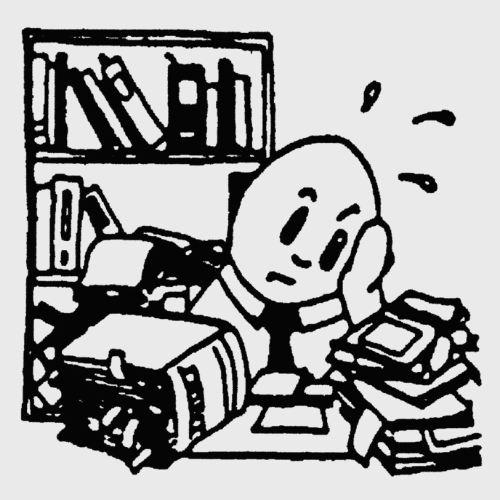originally posted October 28, 2012
May 2021: reformatted; no text revisions to date
For several days, now, I’ve been thinking about an article/commentary that appeared in the October 12, 2012, online version of the Manchester Guardian, “Ten ways to save the publishing industry.” Crafted by experienced publisher Colin Robinson, the article has drawn quite a bit of controversial and insightful conversation on what he believes needs to be done to create a healthier publishing industry.
I’m happy to say that my chief concern for the publishing industry turns up third on his list. While new publishing models—specifically self-publishing and e-publishing—dispense
with a variety of traditional functions . . . other tasks such as editing and design take on additional importance. Ensuring that books are readable and attractive is a vital way for [traditional] publishers to stay afloat . . .
I would like to point out that I don’t think the jab at self-published titles is necessarily warranted; as I’ve noted before, small presses have fought for years to improve their reputation on the editorial side . . . just as, apparently, some of the major houses have lost sight of what elements make up a quality product, a concern I discussed more fully in part of this earlier post.
While other discussions related to the editorial function and the reader’s experience turn up throughout Robinson’s piece, I want to look at the comment string that has developed, too—there, I found two comments that were overwhelmingly relevant to my concern for the editorial industry.
One was made by “Jeniche” (note that Jeniche’s use of the term “gatekeeper” references a statement by Jeff Bezos, chair and CEO of amazon.com, that implied many of the long-time roles of publishers might be obsolete):
If publishers wish to keep gate-keeper status they really need to start employing people who know what they are doing. People have turned to self publishing in part because they are pissed off by the hypocrisy of gatekeepers. The [gatekeepers] bang on about the need for quality writing, good editing, blah blah blah, and then fall over themselves to sign up the most atrocious garbage with inflated advances. Throw out the middle management and sons and daughters of wealthy chums who work as interns and start employing people with a good balance of life experience and literary expertise.
The second relevant comment was written by “manyeyedhydra” and begins with an excellent question. Her answer, in fact, was the central guiding principle in a publishing entity I ventured into a few years ago:
What is a publisher’s chief asset? It’s their writers. A writer no longer needs a publisher, but publishers cannot exist without writers. Publishers need to brand this thought right down into their DNA. The world has changed. They need to think about what they can offer writers that is better than the writer going it alone. They need to unearth the best writers and provide the necessary polish to make their works considerably better than their peers. . . . They need to be the ones putting these writers forward right at the start and getting it right.
I couldn’t have said that better myself; so, I won’t! Take a look at the article and its comments and let me know what strikes you as important . . .
Stephen, the-freelance-editor.com
editorial –at– Im Your Editor –dot– com
phone: 407-495-4801 (temporary)
text: 832-233-0041 (temporary)
Feel free to like or share this post
or to leave a comment, all from our new facebook presence
image information: Featured image, via an article (posted December 16, 2020), “The Value Of Editors,” by Karin Graham, a fellow editor who is also a trial lawyer, which enables her to offer advice to writers of crime fiction, thrillers, and detective novels; ironically, her article talks about editors as “invisible professionals” because “almost nobody knows what we do, in part because we work behind the scenes[—in fact, n]o one but the author sees the ‘before’ product, only the final result.”

